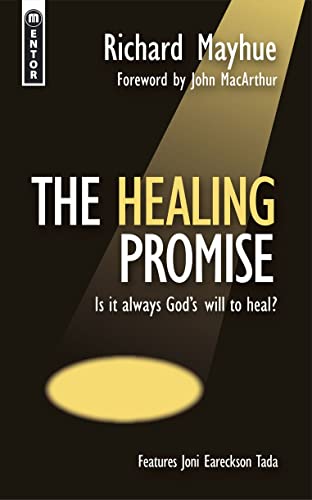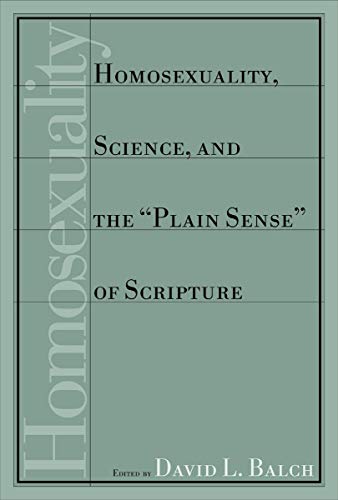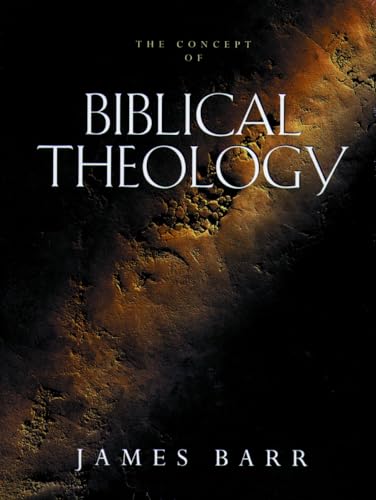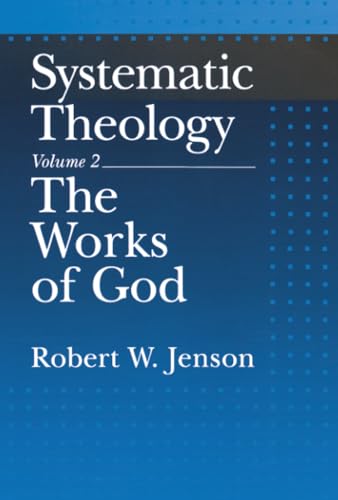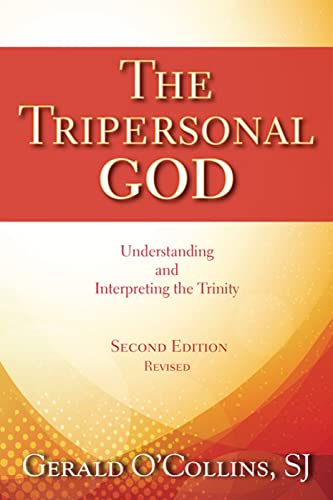The Healing Promise: Is it always God’s will to heal?
Written by Richard Mayhue Reviewed By Sharon JamesRichard Mayhue sets out to give an overview of Scriptural teaching regarding healing, as well as to evaluate current healing ministries. He has studied the claims of those engaged in such ministries for over twenty years, and met and interacted with many of them.
The book opens with an examination of God’s healing promise. Mayhue argues that the context of the oft-quoted 1 Peter 2:24 ‘actually validates the divine purpose in human suffering rather than eliminates it’ (1 Pet. 2:18–25, p. 20). Christians still get sick, suffer and die—in this life. The full benefits of salvation are reserved for when our bodies have been raised. Certainly in some cases God does wonderfully heal, and very often God heals through medical treatment and/or through the healing capacity of the human body. But is it always his will to heal?
A section follows on the contemporary situation, the claims of faith healers, their teachings, and how we are to evaluate reported healings. This section is scrupulously researched, and Mayhue gives especially detailed attention to the teaching of Benny Hinn. One chapter in this section is contributed by Andre Kole who, as a professional illusionist, has studied the techniques used by faith healers and personally met with many of them over thirty five years. Often they promised to provide him with documentation of their healings, but not once was this forthcoming.
The next section is biblical, dealing with God’s healing ministry: in the OT, in the ministry of Jesus, and in the ministry of the Apostles. There is a chapter on the question of whether there is healing in the atonement; a chapter on James 5; and a chapter on demons and sickness. Mayhue concludes that God can and does heal, but that there is no biblical basis for a ministry of divine healing directly through a human healer. ‘Alleged contemporary faith-healing ministries fall embarrassingly short of the biblical pattern in time, scope, and intensity’ (196).
The concluding section is pastoral, dealing with the Christian’s response to sickness. This includes a testimony by Joni Eareckson Tada. After a terrible accident she prayed fervently to be healed and raised from her wheel chair but she has experienced God’s goodness in and through her disability. There is also a testimony from John and Patricia MacArthur concerning their testimony of God’s sovereignty and healing when Patricia was involved in a serious car accident, as well as the author’s own account of his reactions when struck down with a debilitating illness while he was writing the book. All these would heartily agree that God can instantly and totally heal any illness or disability. But from Scripture, from their own experience, and from their study of the so-called faith healers they all maintain that instant and total healing is not the norm for today.
The book ends with how the reader can have a genuine healing ministry—sharing God’s compassion, serving the sick in practical ministries of mercy as well as in prayer ministries, but above all by extending the hope of salvation by sharing the gospel—thus offering healing from eternal death and sin’s bondage.
The Healing Promise is warmly recommended—it is carefully researched, closely argued, charitable in tone, and pastoral in intent. The author aims to equip Christians to cope with illness in their own lives and in the lives of those they love.
Sharon James
Leamington Spa


